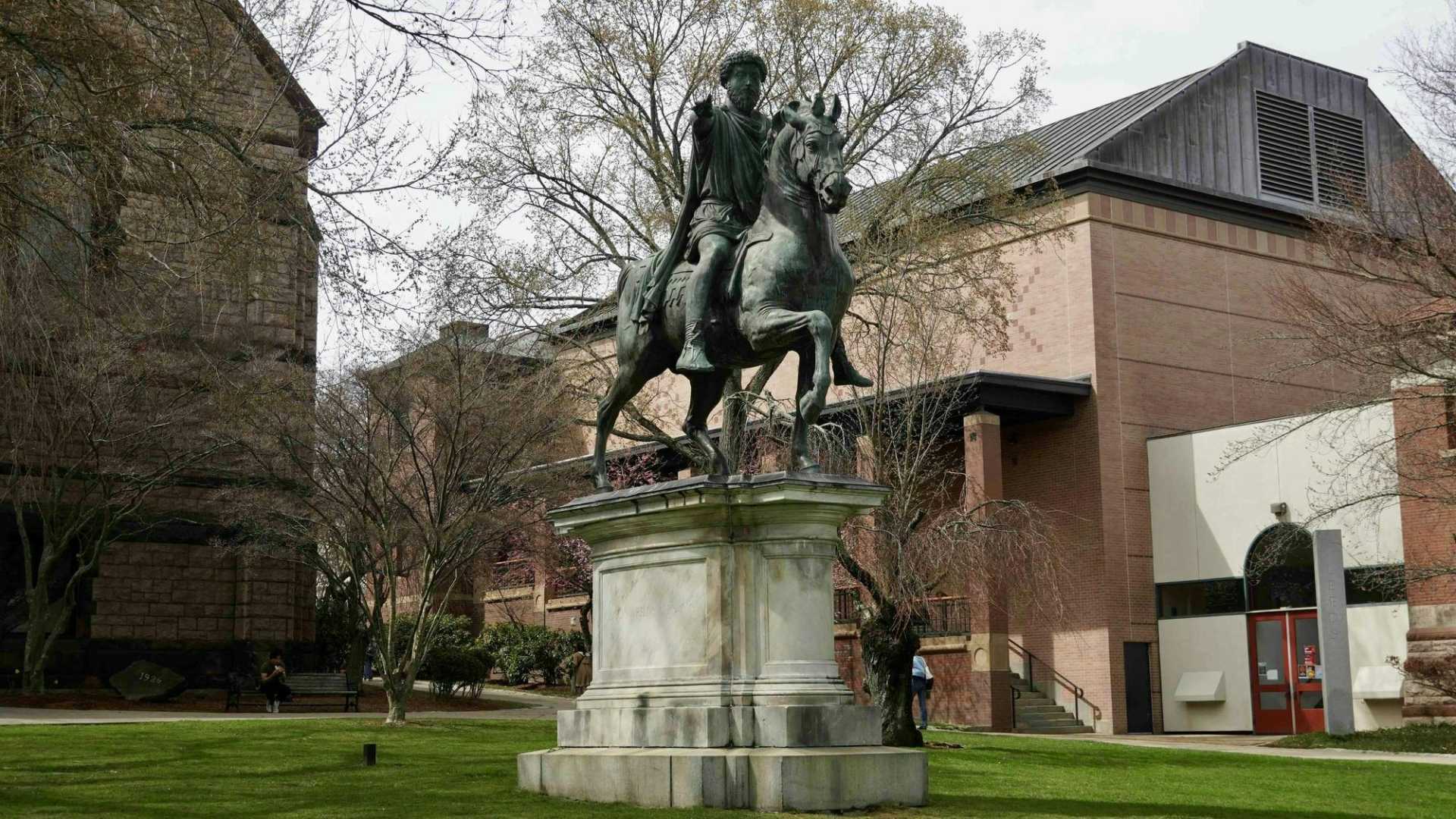News
Federal Funding Reinstated for Research But Challenges Persist

Providence, Rhode Island — In early February, Ethan Moitra, a researcher at Brown University, learned that his federal funding had been canceled. His study focused on how the pandemic affected rates of depression and anxiety, particularly among LGBTQ+ individuals, with 240 participants enrolled.
The grant was reinstated this month, but Moitra expressed concern about the challenges ahead. “It’s great news, but a weird twist,” he said. “We’ve only got five weeks left. And during the pause, people moved on, staffing changed, the cohesion of the team is gone.”
The National Institutes of Health (NIH) had earlier ordered the reinstatement of 891 biomedical research grants. In New England alone, 63 grants worth $126 million are set to be restored. However, researchers are facing confusion and delays in accessing their funding.
This situation arose following a lawsuit by the American Public Health Association and 16 state attorneys general against the NIH, which terminated funds related to topics like gender identity and health disparities. A judge ruled in June that these terminations were “illegal and void.” However, the Trump administration has appealed the decision.
The reinstated grants are only a small part of over $3.1 billion in funding cuts across New England. At a recent hearing, attorneys noted that more than 50 of the affected grants remain unaddressed, while the NIH has yet to provide a restoration timeline.
Many researchers are grappling with additional hurdles. At Harvard, nearly all federal funding is currently frozen, impacting ongoing projects. At Yale, nine NIH grants have been reinstated, although the sudden cut-off disrupted years of research by professors like John Pachankis.
“The research infrastructure took years to build, was collapsed in a day, and will take months if not longer to rebuild,” Pachankis said, expressing concerns about the future of funding for vital research.
Back at Brown, Moitra finds himself in a race against time to finish the research as the deadline to utilize the grant funds quickly approaches. He and his team lost valuable data from 40 participants during the funding pause. They are now applying for a no-cost extension to complete their work without seeking additional funds.
<p“After five-plus months of uncertainty, we were moving on,” Moitra said. “It’s hard to scramble it all back together.”












